Updated at 10:26 a.m. on October 7, 2014
A week after Secret Service Director Julia Pierson resigned amid multiple reports of breaches in White House security, congressional watchdogs are asking whether the Secret Service agency needs more than just mild reform. Among the more drastic proposals are shrinking its mandate to just protecting the president and removing it from within the Department of Homeland Security.
The latter move could brighten the spirits of the agency’s 6,500 employees by removing it from a department that has struggled from its inception after 9/11. But they’re likely to be less enthusiastic about splitting the Secret Service’s dual mission of combating counterfeiting and protecting current and former presidents, vice presidents and visiting heads of state.
“Long-term, the 60,000 foot view, there are some who are very critical of the switch that the Secret Service went through after 9/11,” says Utah Republican Rep. Jason Chaffetz, a top member of the House Oversight Committee. “That seems to have changed the dynamic and made it much more political as opposed to security-driven. And I think long-term that’s something we might explore is the structure of having it within Homeland Security.”
Virginia Democratic Rep. Gerry Connolly, another member of the House Oversight Committee, agrees that moving the Secret Service from DHS is a debate worth having. Connolly believes there is a morale problem at the Secret Service, citing the Partnership for Public Service’s 2013 study on the best places to work in the federal government. In the report, the Secret Service ranked 226 out of 300 agency subcomponents. The Department of Homeland Security ranked last—19th—of large agencies.
“I think the counterfeiting role really probably belongs in Treasury,” says Connolly. “The protection and investigation role I think might make sense in DHS but I do think we have to have a thorough review about the missions and whether they continue to make sense. Are they compatible? Do they detract from one another?”
Some Congressmen and former Secret Service agents believe that other, relatively minor reforms—like increasing funding to boost personnel levels—would help solve the cultural problems plaguing the turnover-ridden agency. Department of Homeland Security Jeh Johnson has pushed back on the idea of spinning off the Secret Service to another agency, and has established internal and external investigations to examine potential reforms. House Homeland Security Chairman Michael McCaul believes that the Secret Service will “regain the trust” of the country by implementing the new independent commission’s recommendations.
“The first step to correcting the deficiencies at the Secret Service is to conduct a comprehensive, top-to-bottom independent review—before we start discussing other options,” says McCaul. “The Secret Service is a law enforcement and protection service organization, with missions concerning everything from protecting the first family to cybersecurity. Because of this, its missions complement the missions of DHS.”
Some former Secret Service agents agree that there are less drastic, but still effective alternatives to finding the Secret Service agency a new home.
“I don’t know if moving it out of DHS [would work],” says Mickey Nelson, a 28 year-veteran of the Secret Service who retired in 2012. “Then where would you move it, logically speaking? But I think that should be part of the review.”
“I do think the Service could use some additional funding and resources and I think that will be the central focus of the committee and the review,” he adds. “Look at the current training. Look at the way they’re aligned. I think the Secret Service will quite frankly welcome that.”
“I think the agency needs to look at manpower, staffing, cultural issues, try to restore or insure consistency between the agency’s mission and its day to day practices,” says Sam Shaus, a former Secret Service special agent who now sits on the St. Louis University Criminal Justice and Security Management Industry Advisory Board. “I think all of those things need to be looked at before any dramatic change that might involve removing the agency from the Department of Homeland Security or redefining its mission.”
“I think one of the dangers could be to try to initiate too many moving parts as a solution initially,” he adds.
PHOTOS: Go Behind the Scenes with Joe Clancy, the New Director of the Secret Service
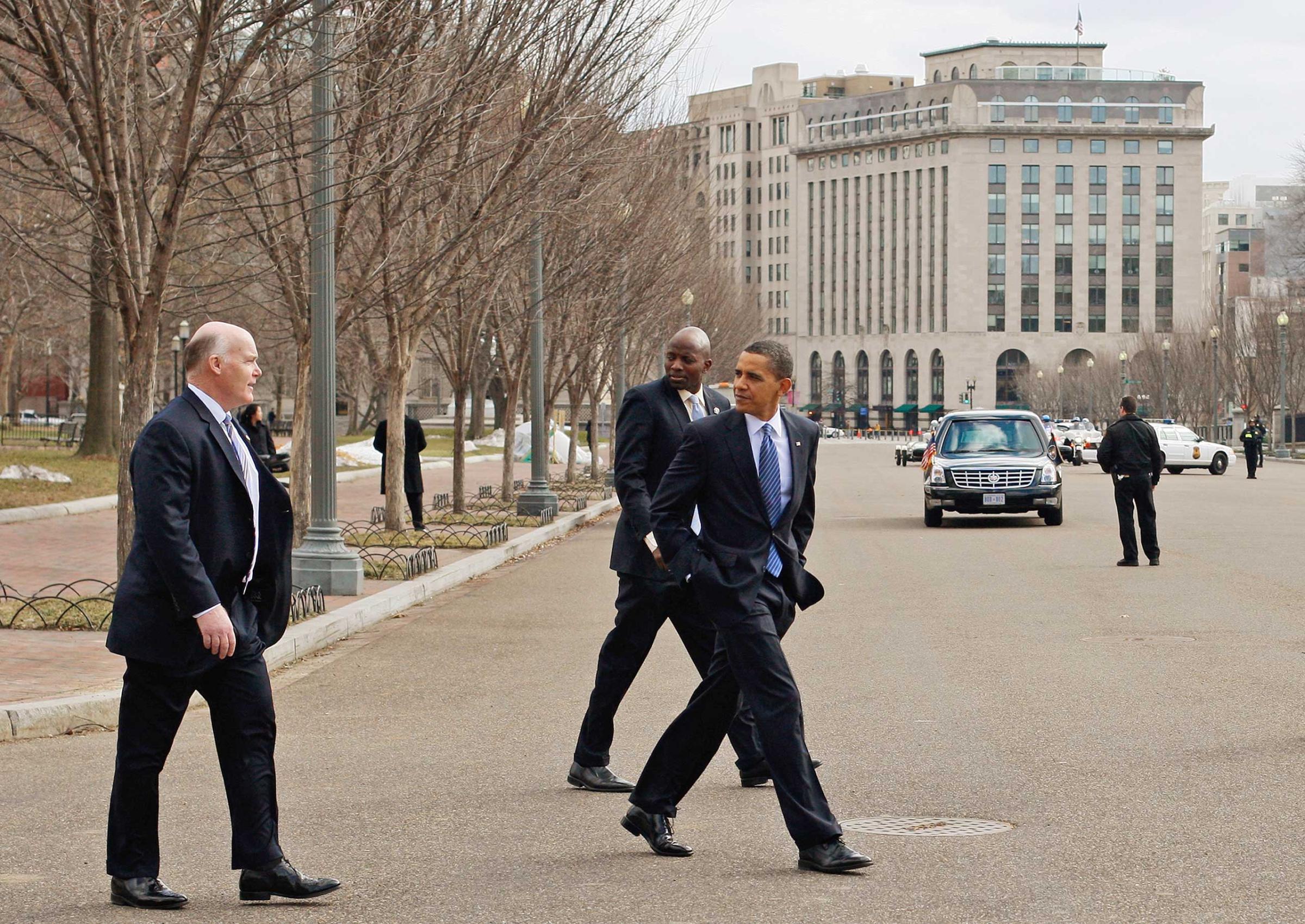
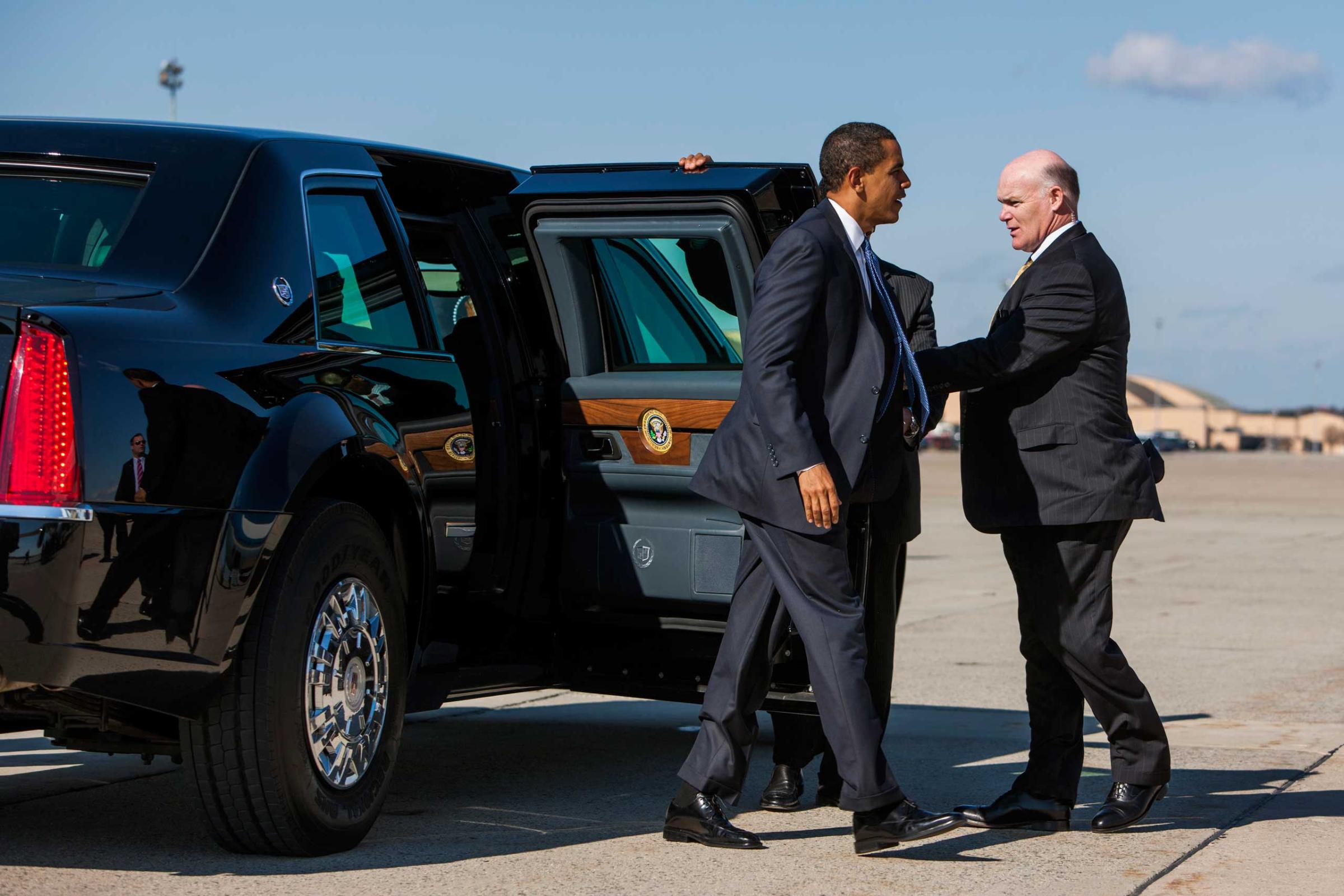
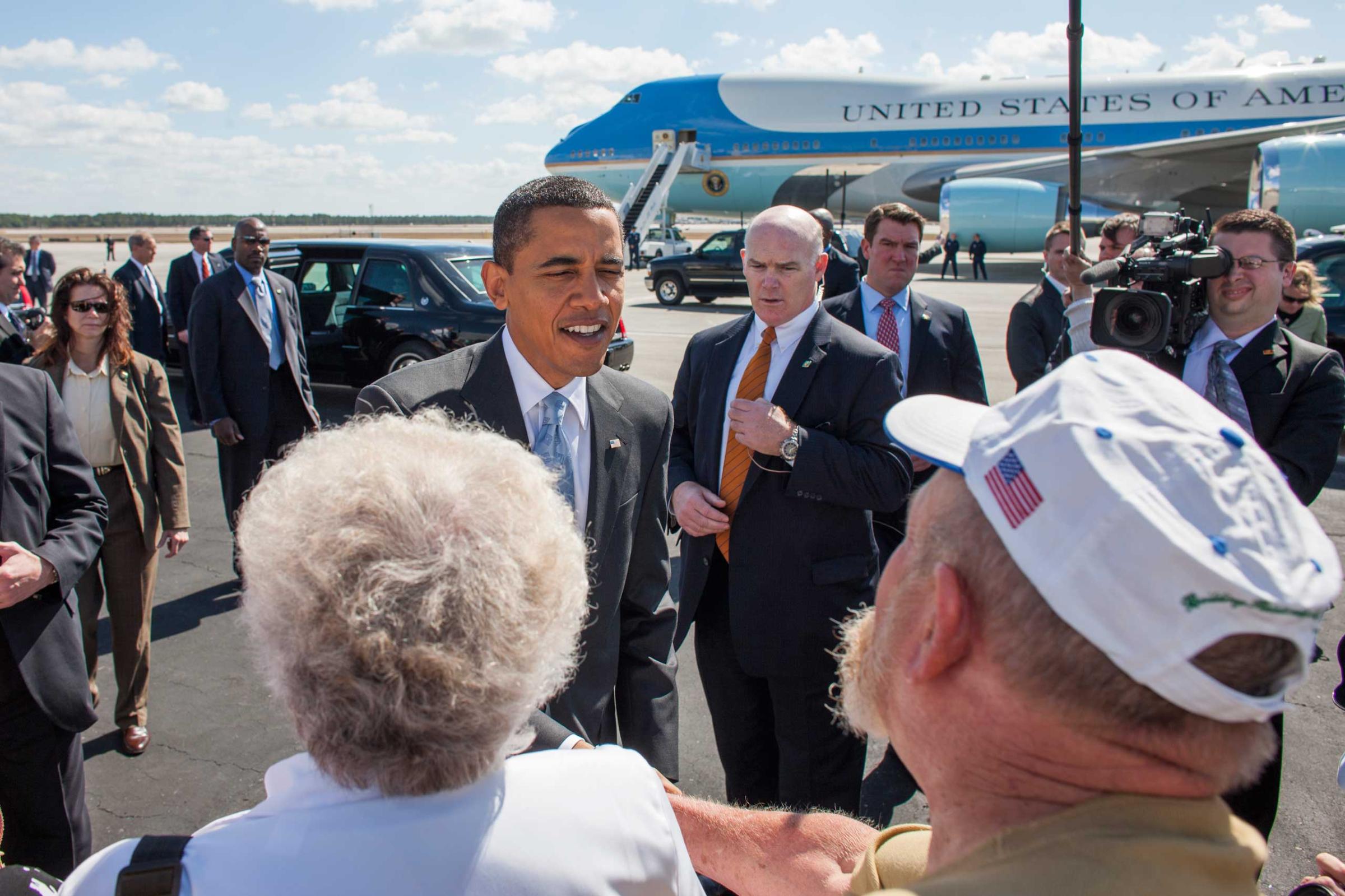
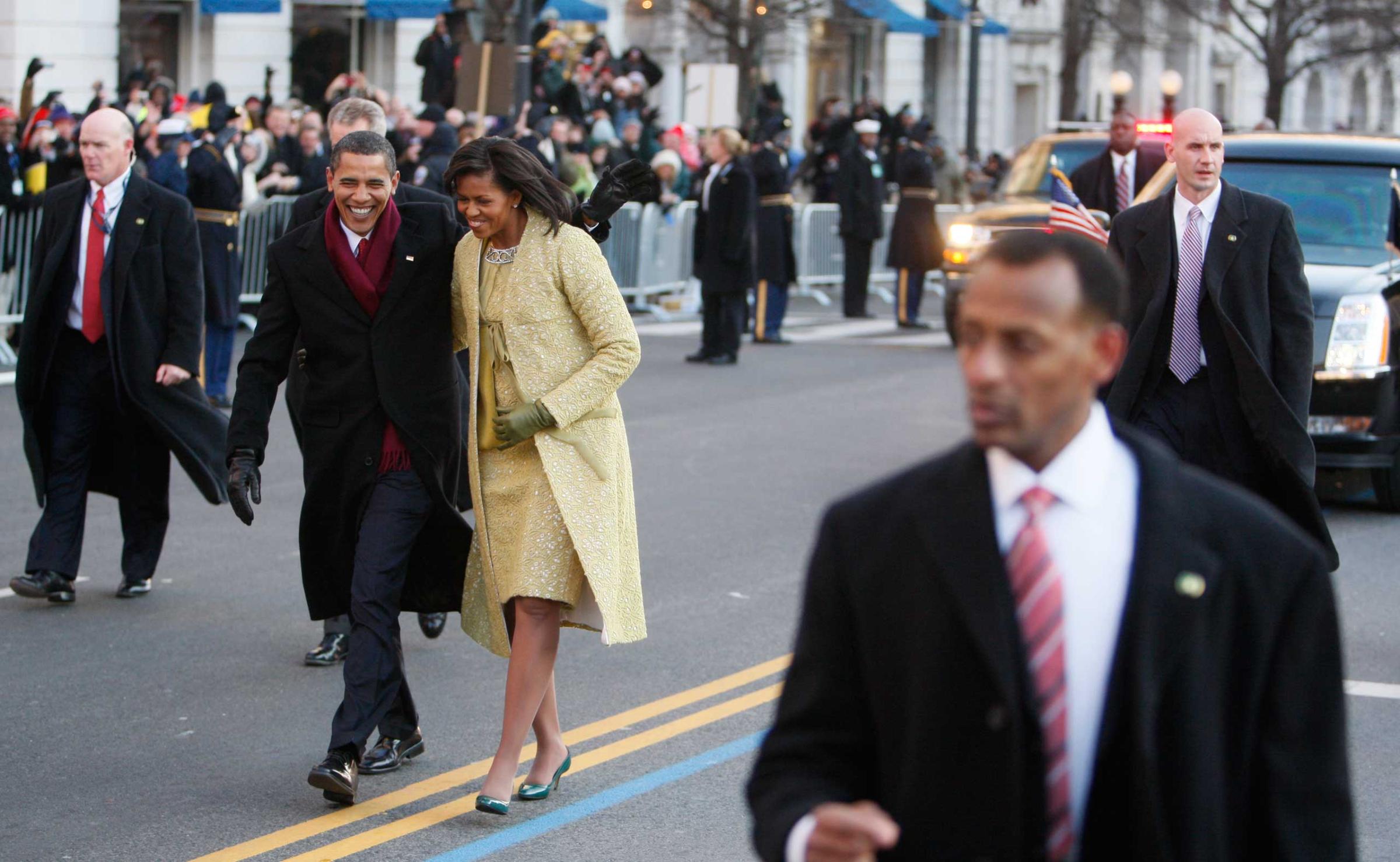
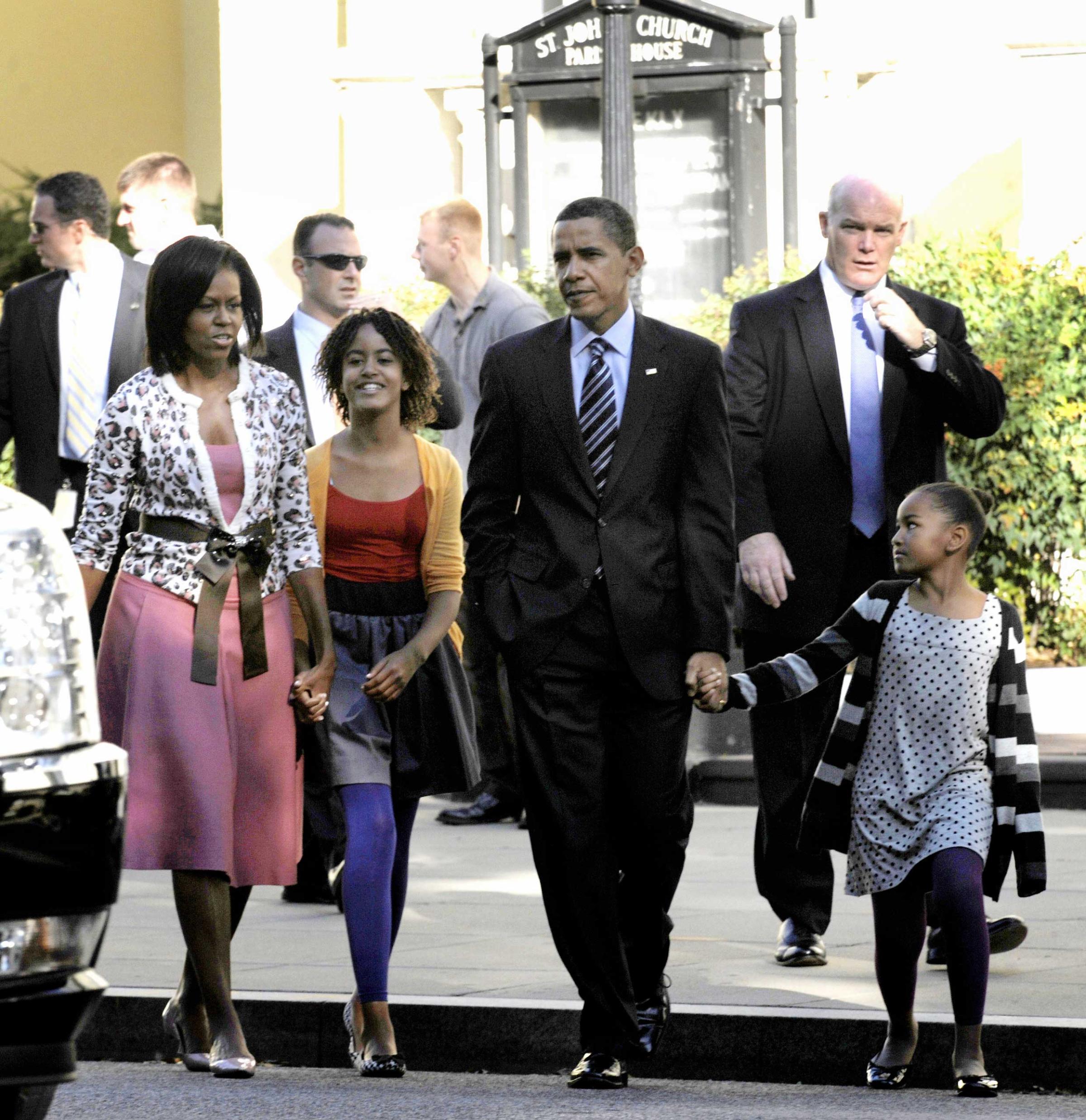
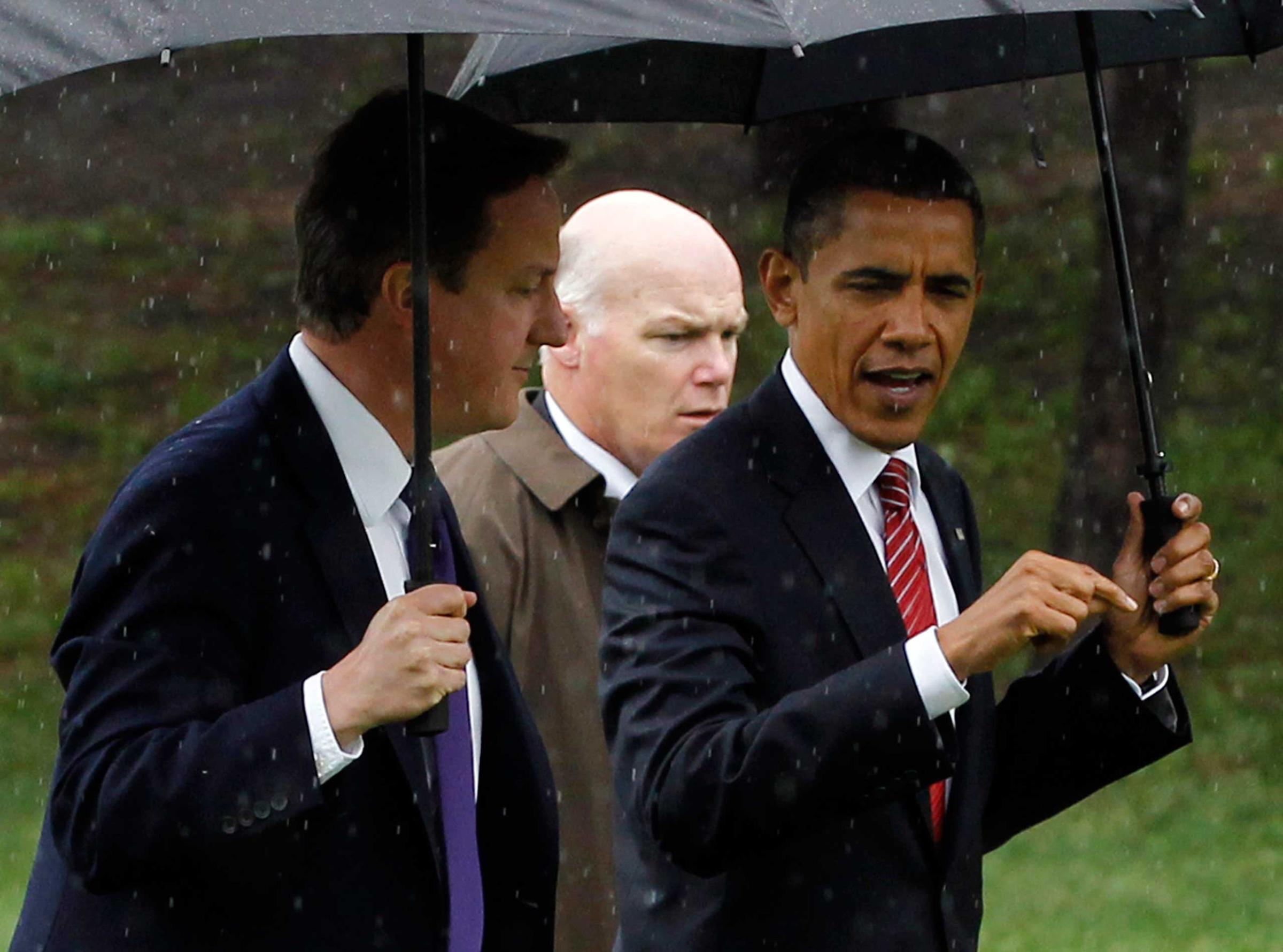
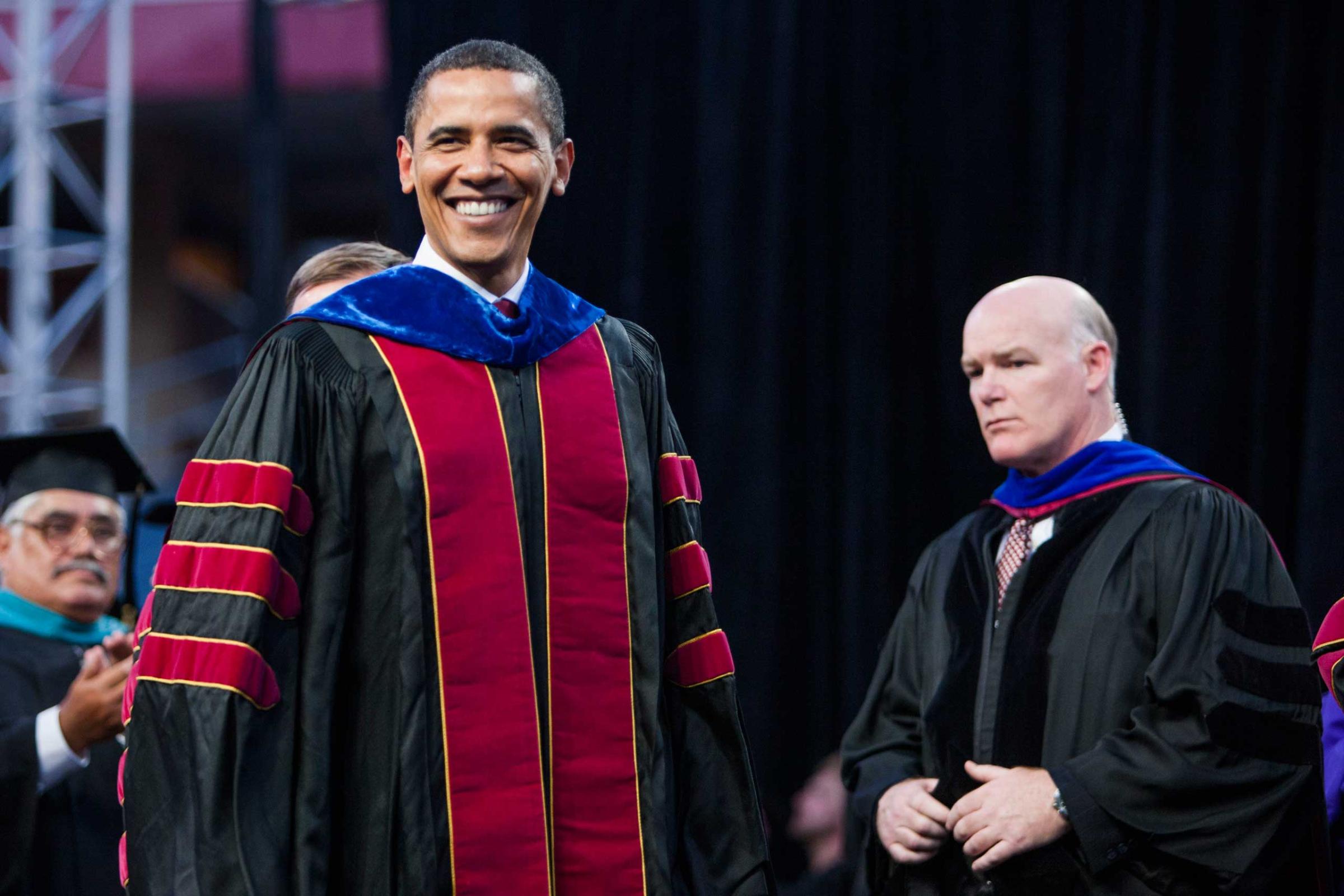

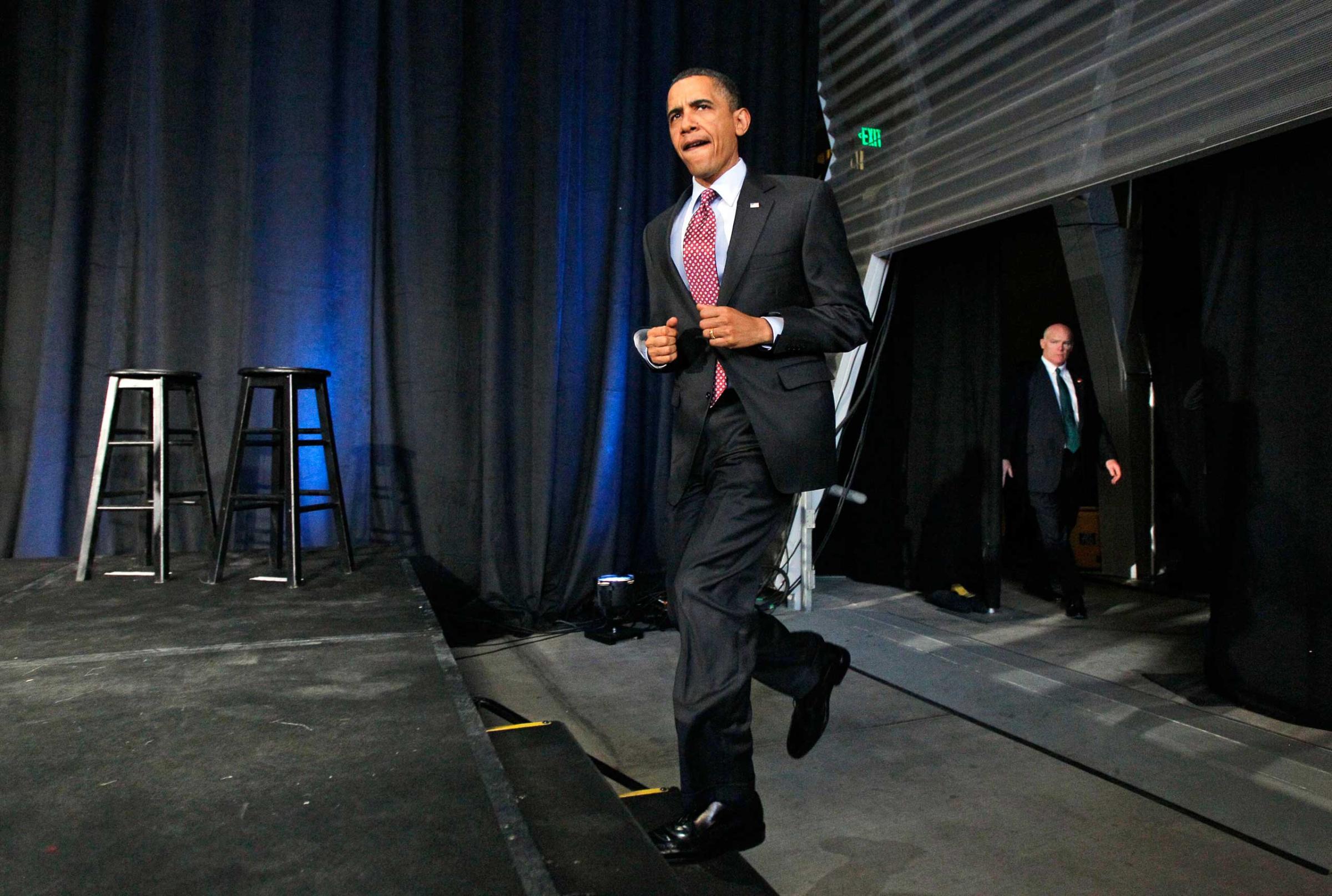
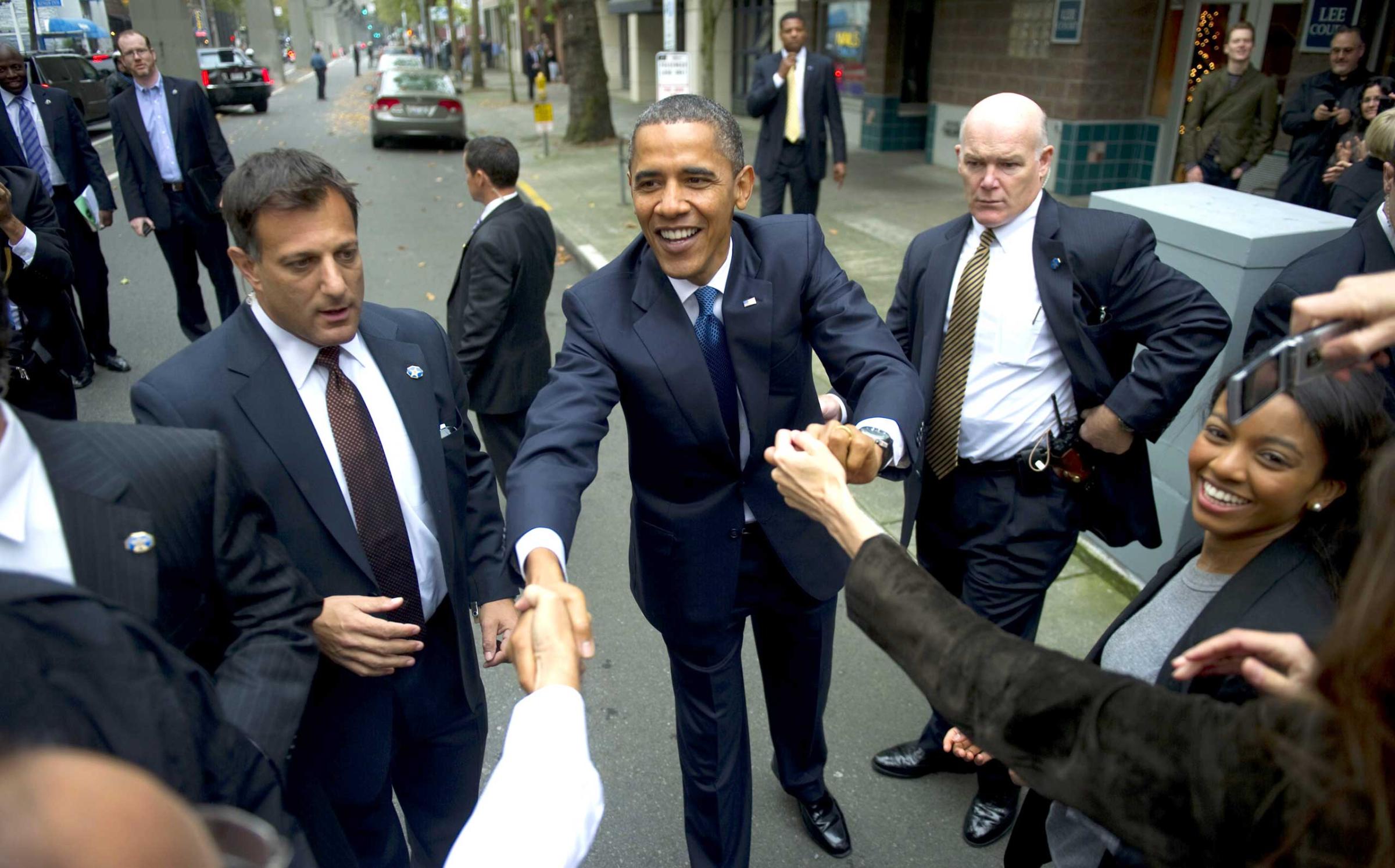
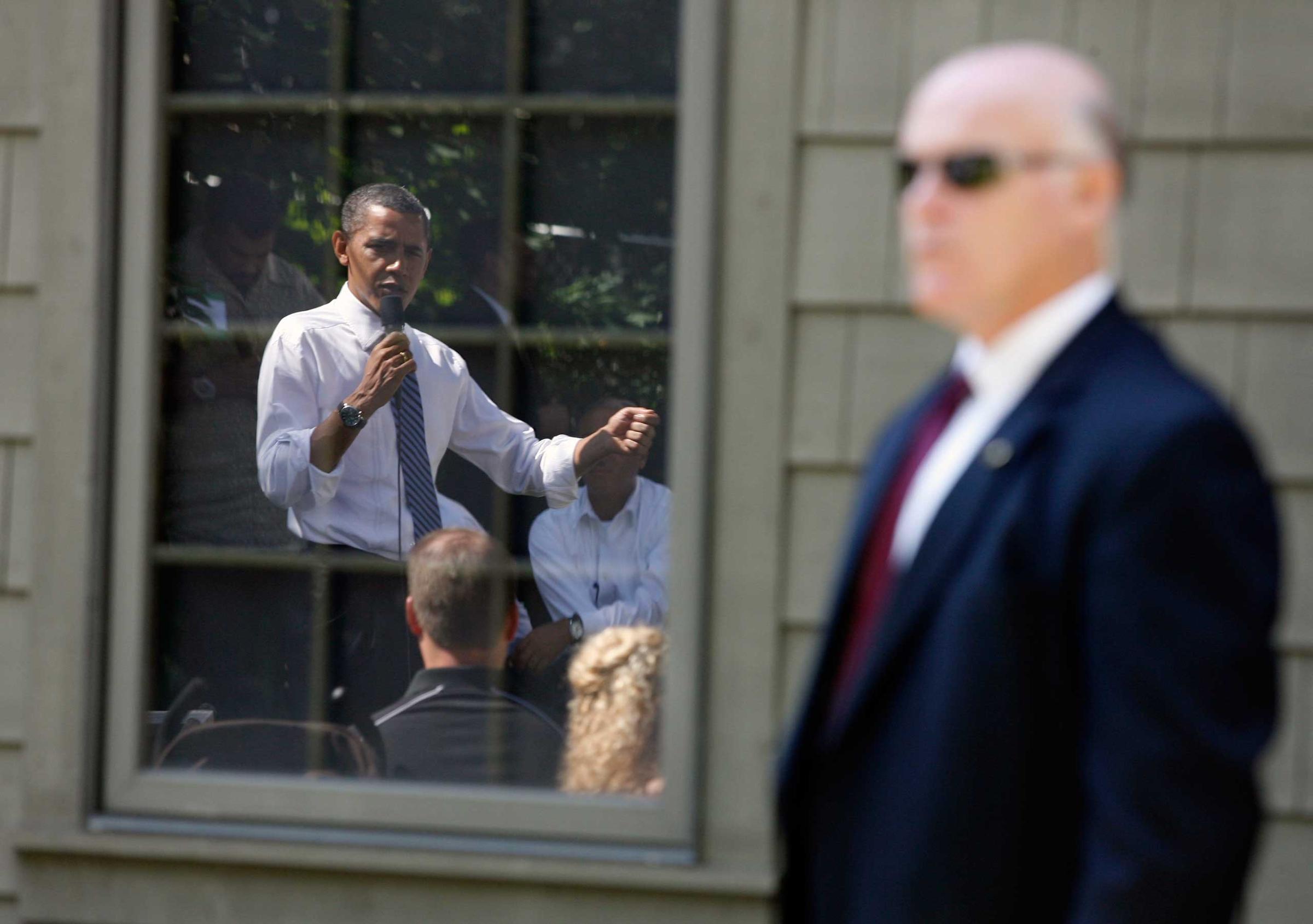
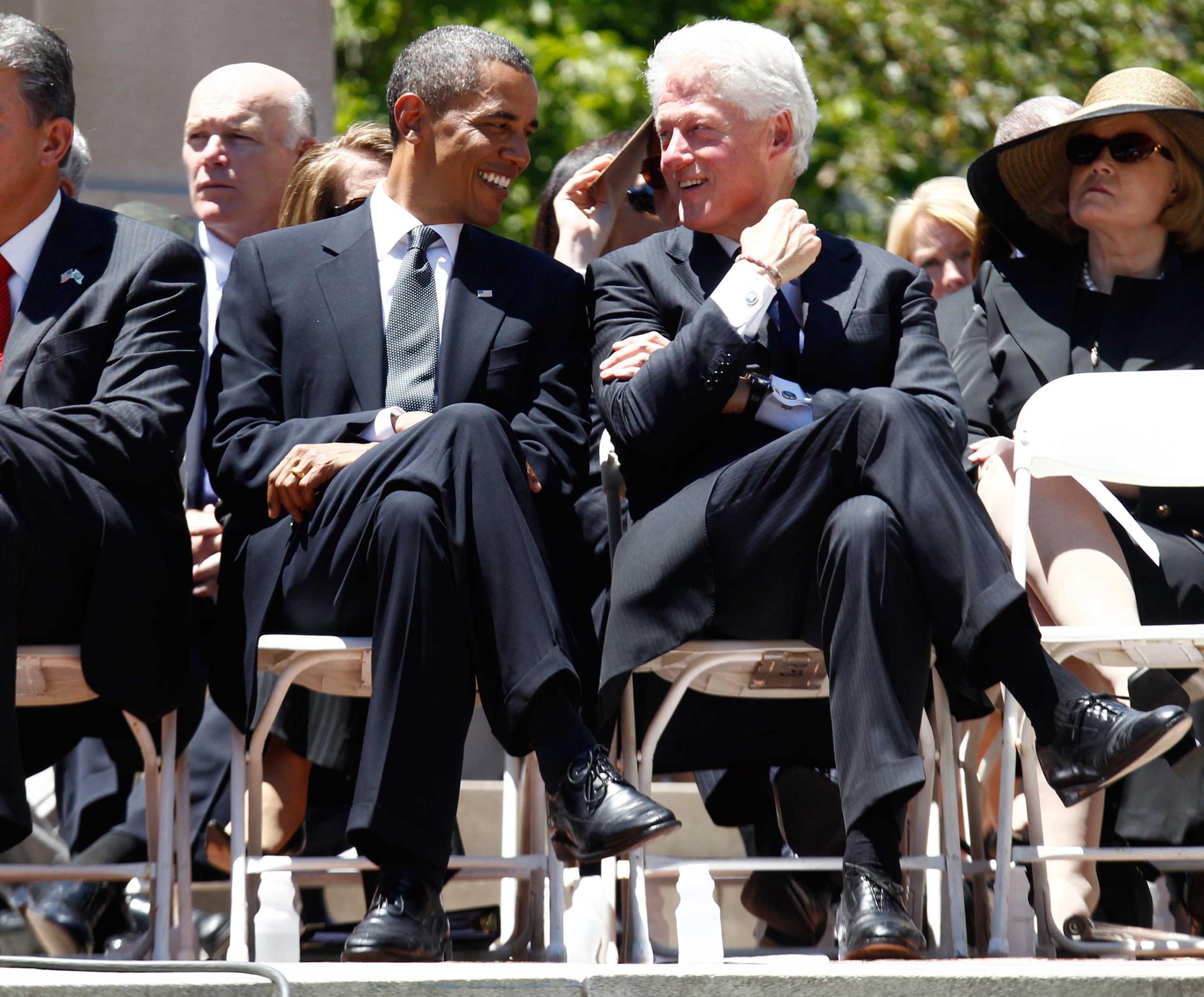

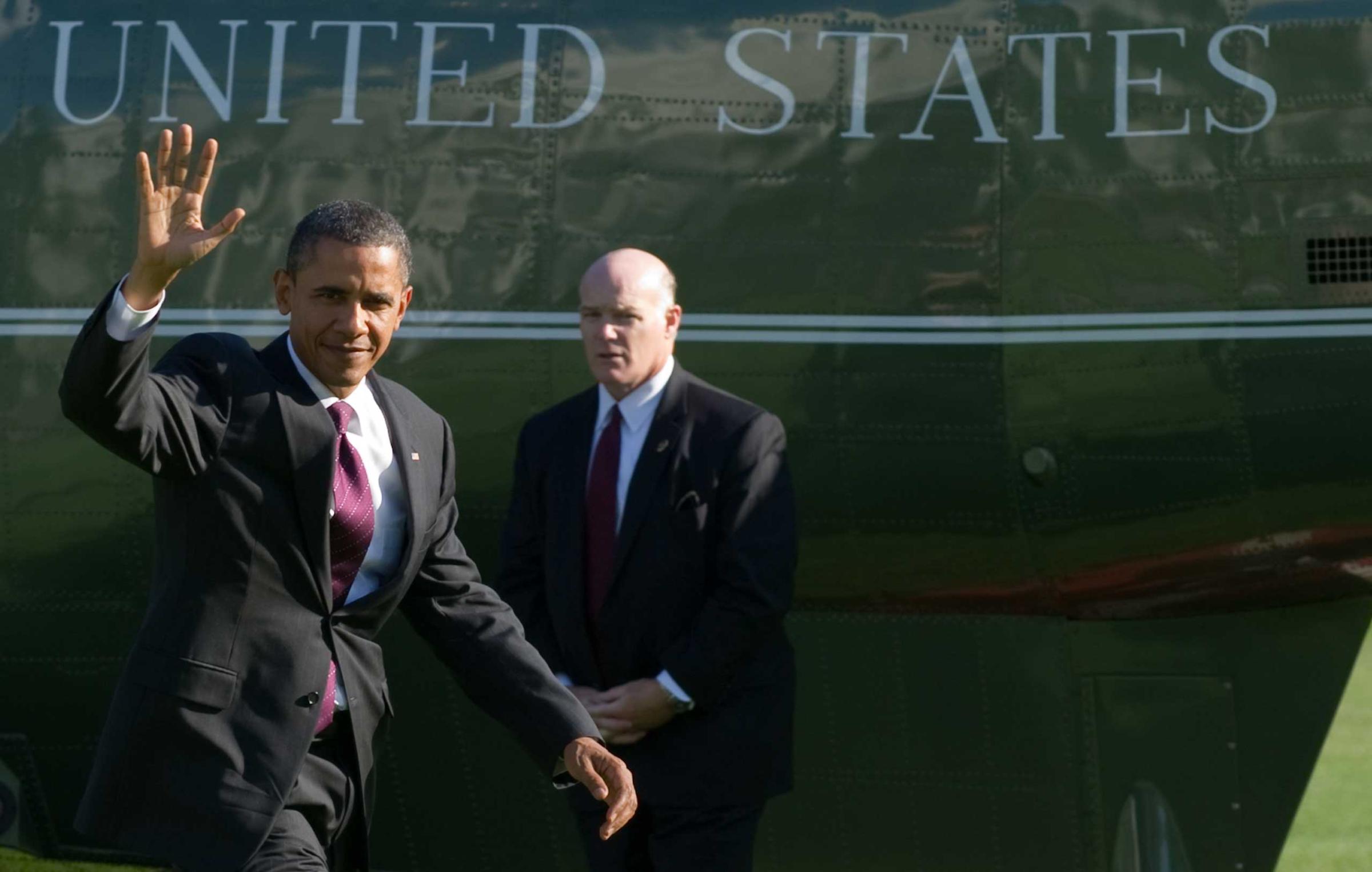
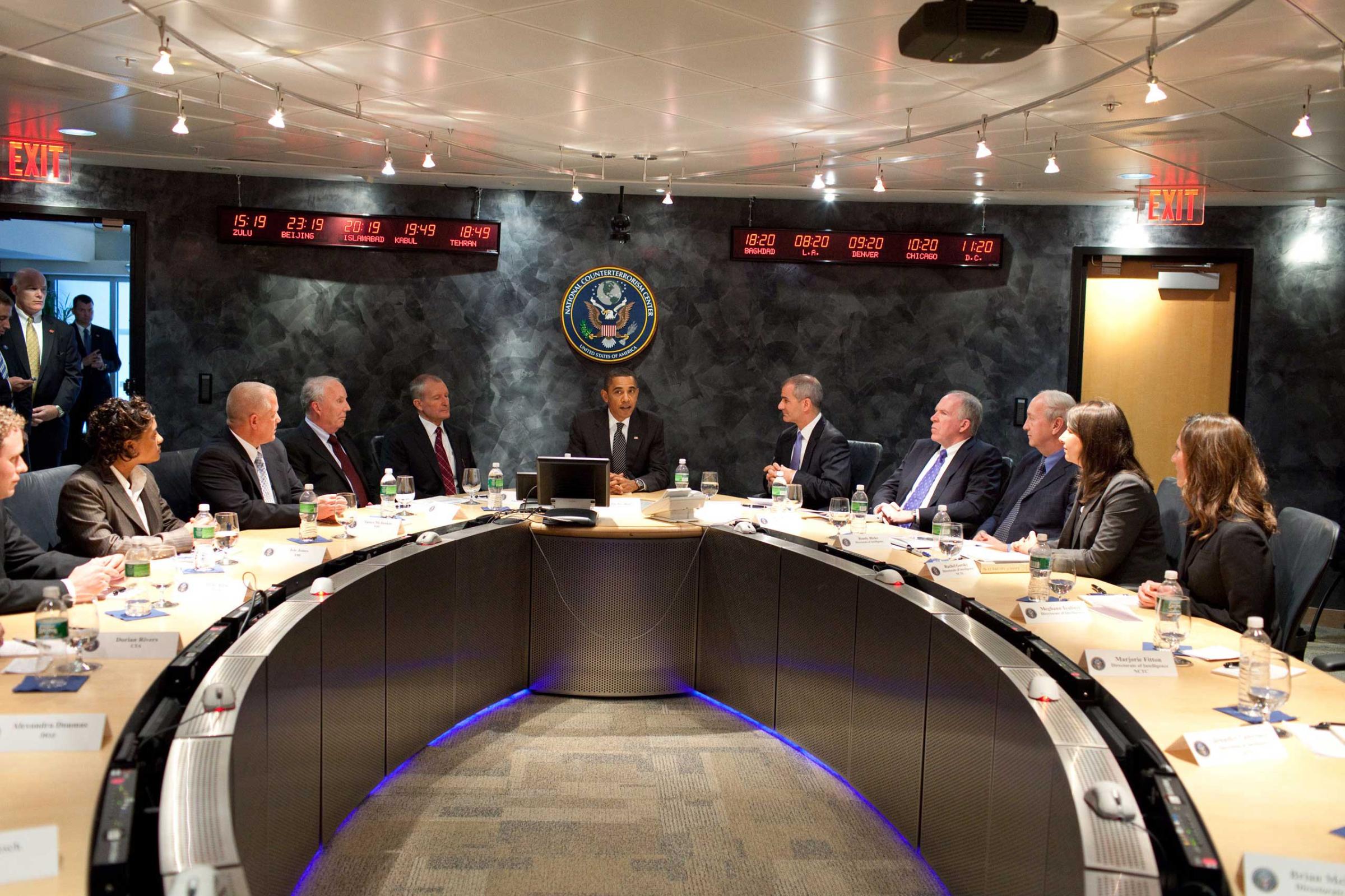
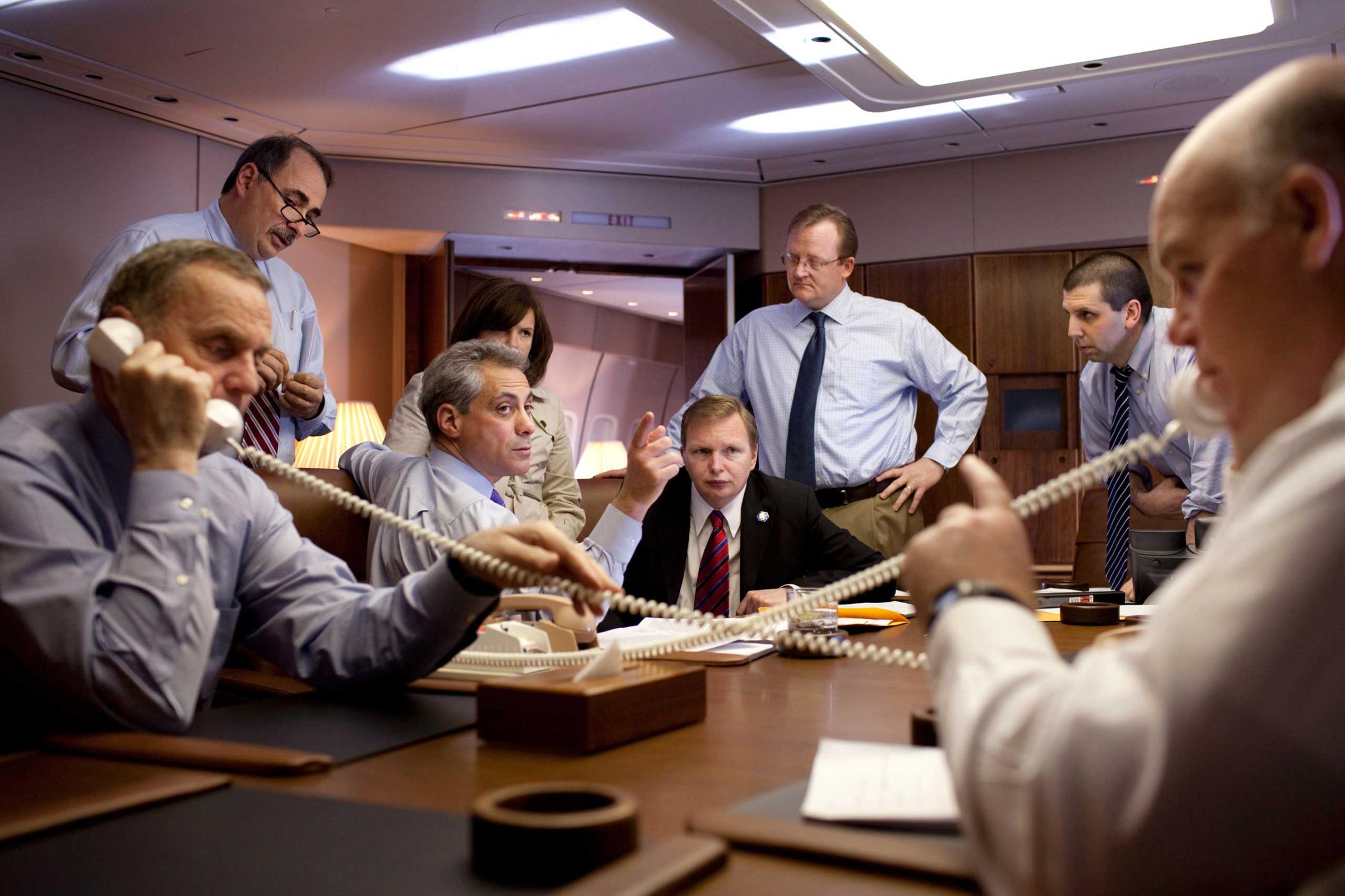
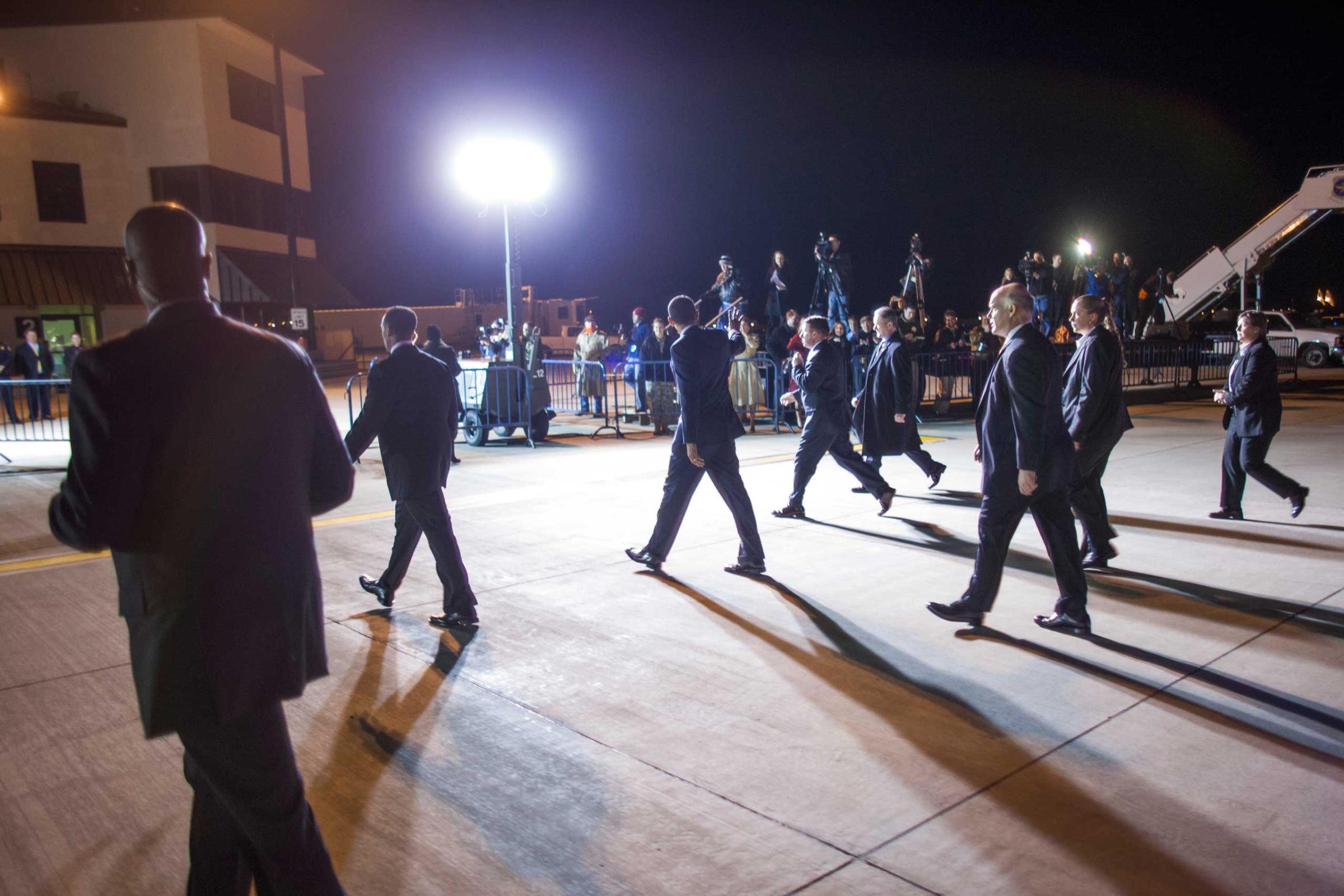
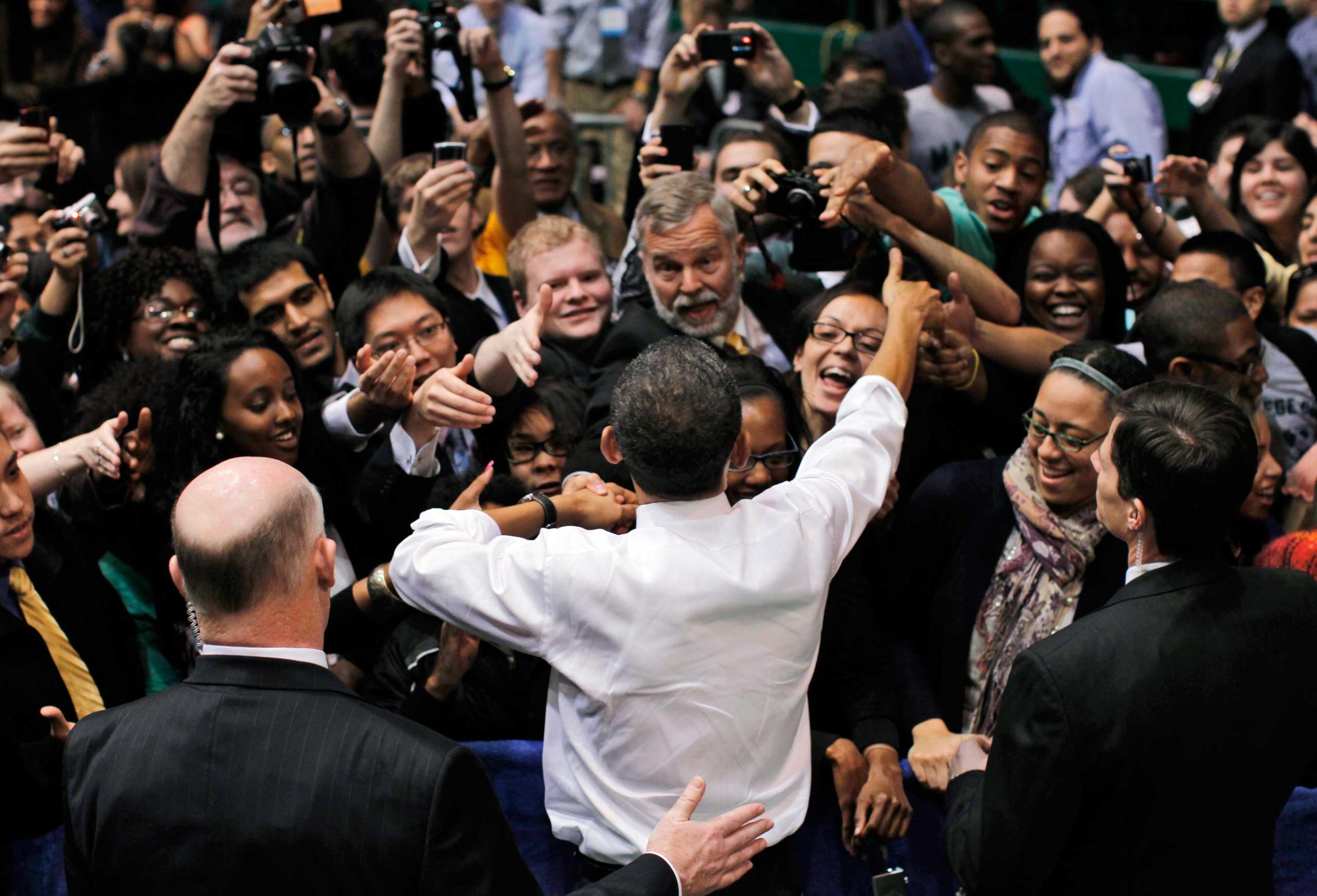
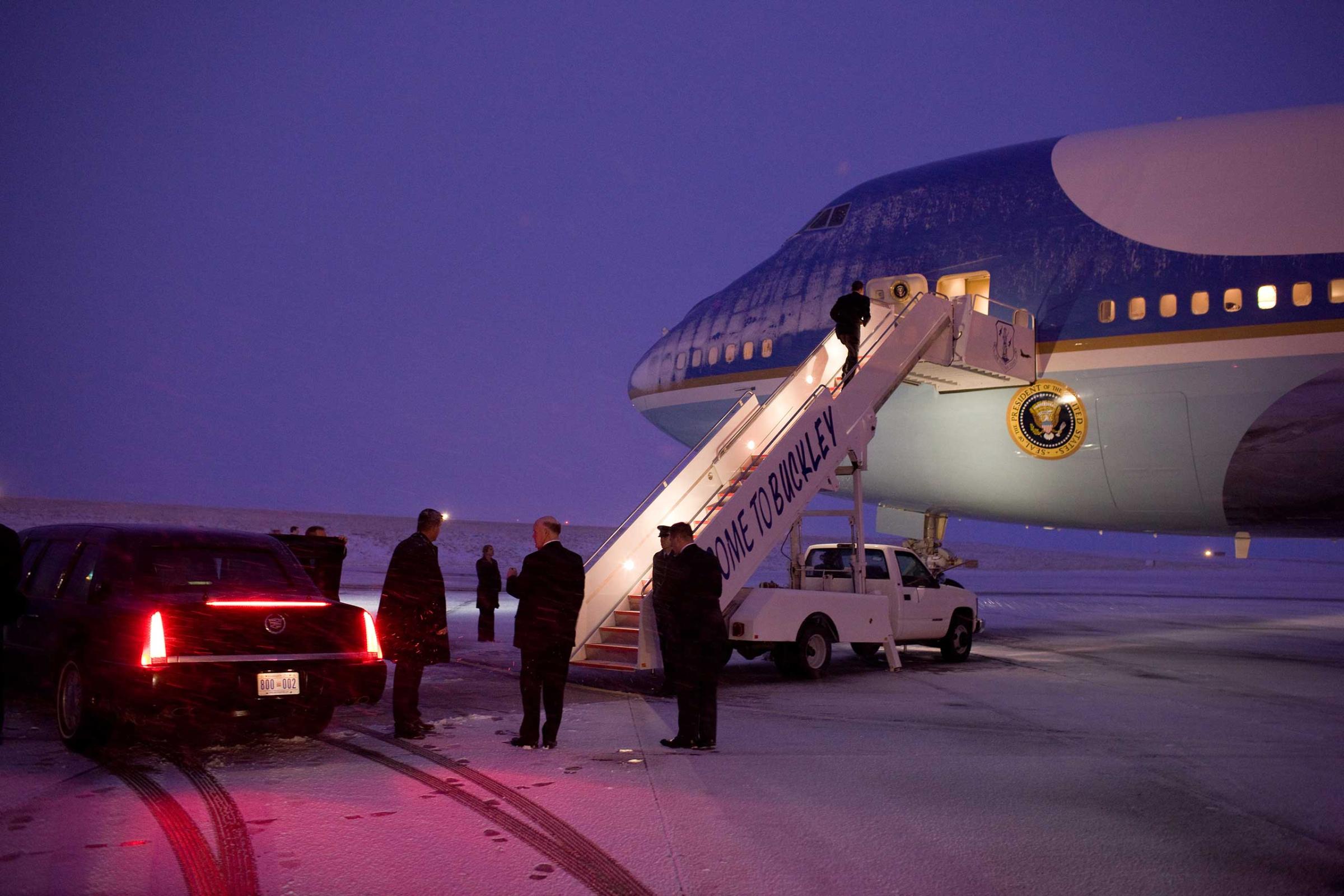
More Must-Reads from TIME
- Donald Trump Is TIME's 2024 Person of the Year
- Why We Chose Trump as Person of the Year
- Is Intermittent Fasting Good or Bad for You?
- The 100 Must-Read Books of 2024
- The 20 Best Christmas TV Episodes
- Column: If Optimism Feels Ridiculous Now, Try Hope
- The Future of Climate Action Is Trade Policy
- Merle Bombardieri Is Helping People Make the Baby Decision
Contact us at letters@time.com